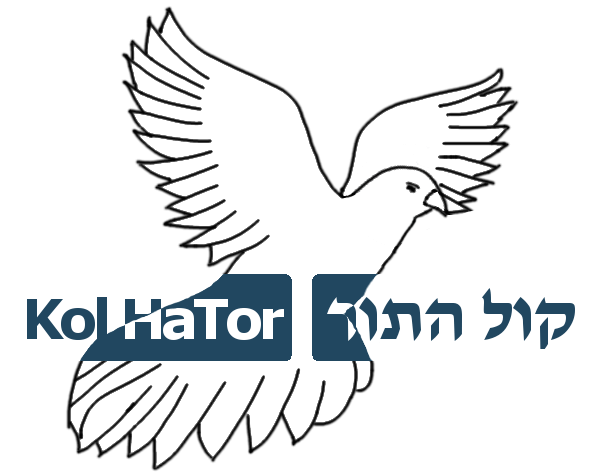|
Getting your Trinity Audio player ready...
|
Read some astonishing hints to Oral Torah – straight from the written text:
1. Deuteronomy 12,21
If the place the Lord, your God, chooses to put His Name there, will be distant from you, you may slaughter of your cattle and of your sheep, which the Lord has given you, as I have commanded you, and you may eat in your cities, according to every desire of your soul.
Where did HaShem tell the Israelites to slaughter? How should they know to do it?
R. HaLevi asks, what does the Torah mean when it says that animals are permitted to be eaten after slaughter? Does that mean any kind of killing or only through slitting the animal’s neck?
2. Exodus 20:9-10
Six days may you work and perform all your labor, but the seventh day is a Sabbath to the Lord, your God; you shall perform no labor, neither you, your son, your daughter, your manservant, your maidservant, your beast, nor your stranger who is in your cities.
What does HaShem mean when He forbids “labor” on shabbat? What work is forbidden and what is not?
Keep in mind, that we don’t find the standard Hebrew word for “labor” here, but “melacha”. “melacha” isn’t defined anywhere in Torah.
Without a special explanation of the details of this forbidden work, it is impossible to know what the Torah means.
3. Circumcision and Passover sacrifice
A baby must be circumcised on the eighth day [Gen. 17:12]. What if the eighth day falls out on the shabbat? Can a circumcision take place on shabbat or is that considered work?
The Passover sacrifice must be brought by every Jew [Ex. 12:47] on the day before Passover [Num. 9:5]. What happens if that day falls out on shabbat? Surely, slaughtering and offering a sacrifice is work. Which takes precedence — the shabbat or the Passover sacrifice?
There must be an oral law to explain this if these laws were intended to be put into practice [Kuzari; Rashbatz].
Will be continued…


